
China's non-manufacturing businesses strengthened for a fourth month in January, fueled by the accelerated consumption of retail goods and a growing number of construction projects.
The non-manufacturing purchasing managers' index last month climbed to 56.2 from 56.1 in December, reaching its highest level since September, the National Bureau of Statistics and the China Federation of Logistics and Purchasing reported on Sunday.
"Stable growth of the non-manufacturing sector is strengthening," said Cai Jin, vice-chairman of the CFLP.
The index surveys 1,200 randomly selected enterprises in 27 industries. A PMI of above 50 indicates expansion and below 50 indicates contraction.
The civil engineering construction industry saw its fastest growth in January since March, the data showed.
"Economic growth driven by infrastructure construction investment will be more important this year," said Cai, adding that the Ministry of Railways will invest 650 billion yuan ($104.39 billion) in 2013 — the third-largest amount in a decade.
The push for urbanization will increase demand for rail lines, roads and housing, he added.
According to the NBS, the retail industry developed at the fastest rate among the 19 consumer service industries, with a PMI reading that rose to 71.1, up from 66.6.
"It indicated that China's social consumption ability still has huge potential," Cai said. "The income distribution reform should be pushed to sustain the economic growth from domestic consumption."
On Friday, the NBS and the CFLP revealed the manufacturing PMI in January was 50.4, compared with 50.6 in December, and suggested the external market still remained a risk factor while domestic demand is holding up.
"China's growth recovery remains on track, but it is not yet on a solid footing," said Chang Jian, an economist with Barclays Capital.
A moderate recovery, rather than any sharp rebound, will drive up the GDP growth at a pace of 7.9 percent, compared with the 13-year low of 7.8 percent last year, a research note from the investment bank said.
Along with the expected growth in development, Chang also predicted that inflation risk and property prices are likely to rise under a neutral monetary stance.
Wang Tao, the chief China economist with UBS AG, said infrastructure spending and industrial profit may show "very strong" year-on-year growth in the first quarter.
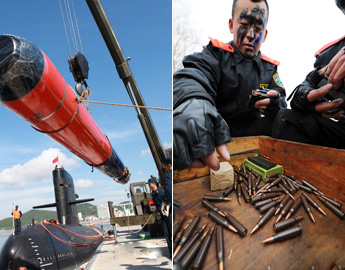


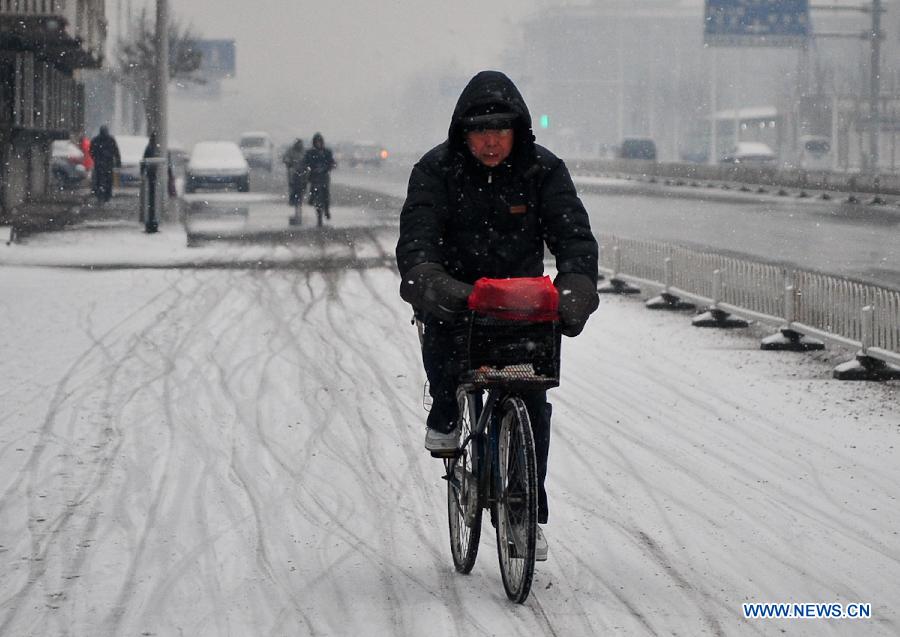
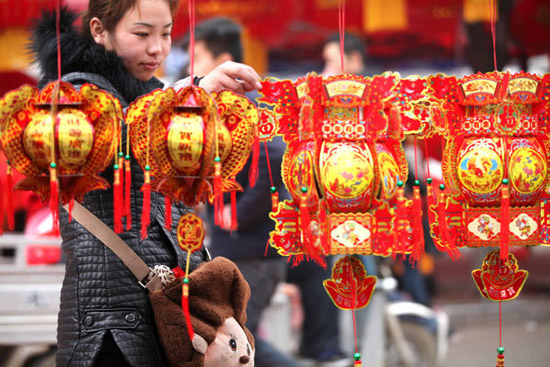
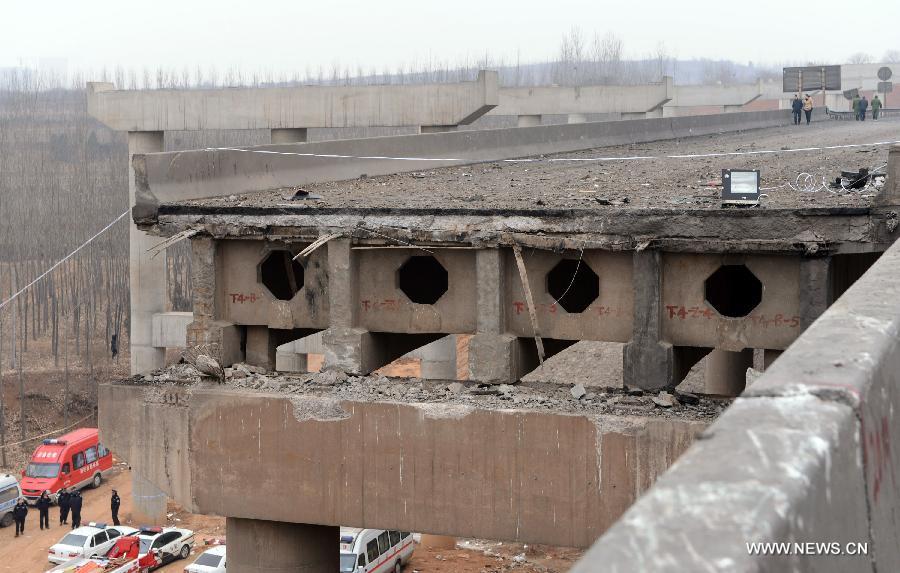


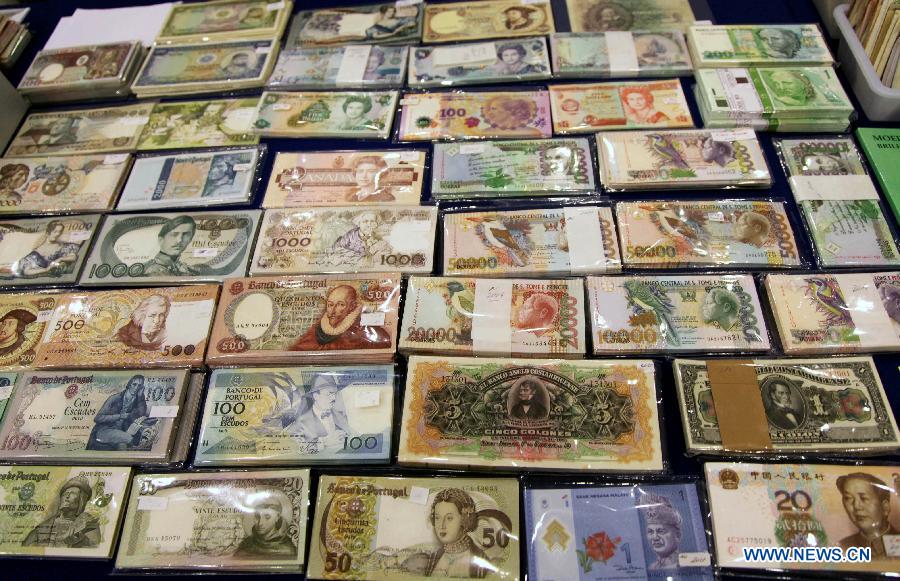







 H.K. limits visitors' buying of infant formula
H.K. limits visitors' buying of infant formula


![]()
